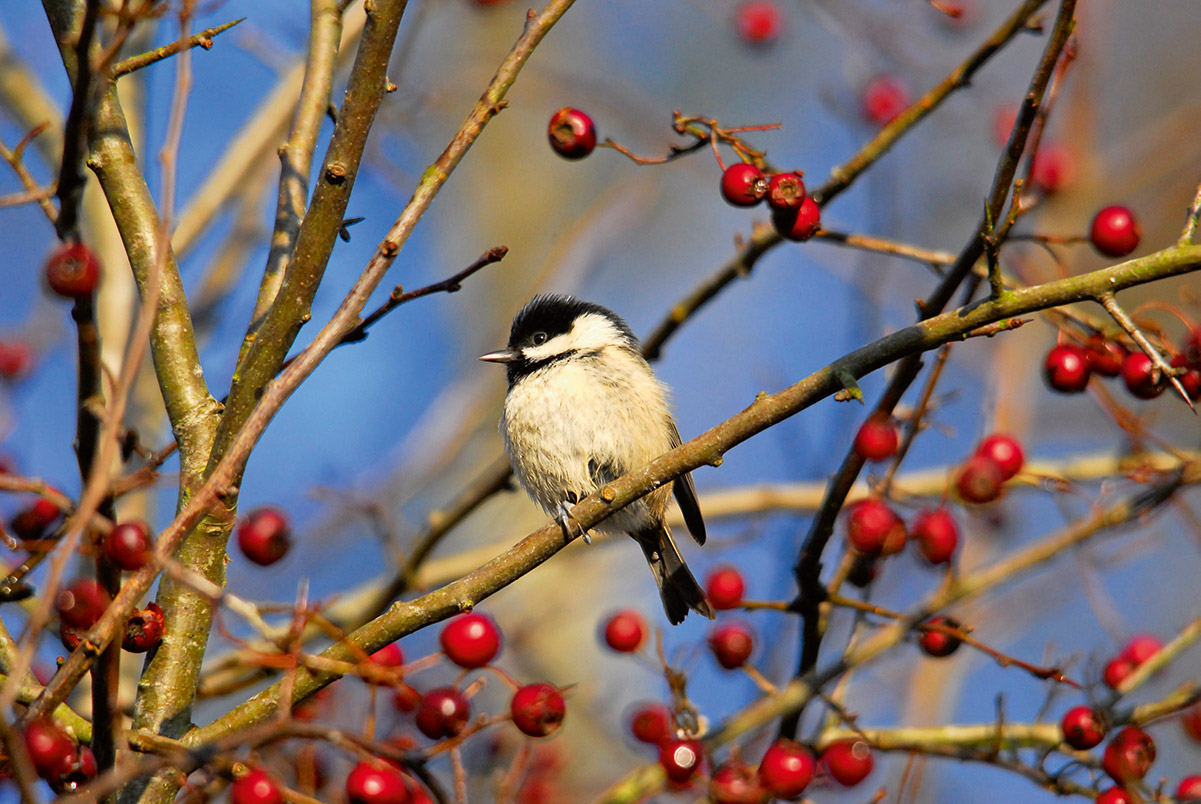
As the seasons change and the leaves fall the skeleton of our gardens comes alive with the sound and movement of garden birds. And it’s beautiful. Spend some time in the garden and really tune in to the birds. You might be amazed at what you find.
Some birds arrive from far distant shores to spend the winter here, others stop off and feed up before the finish their migration and our native birds search earnestly for food.
Feed the birds
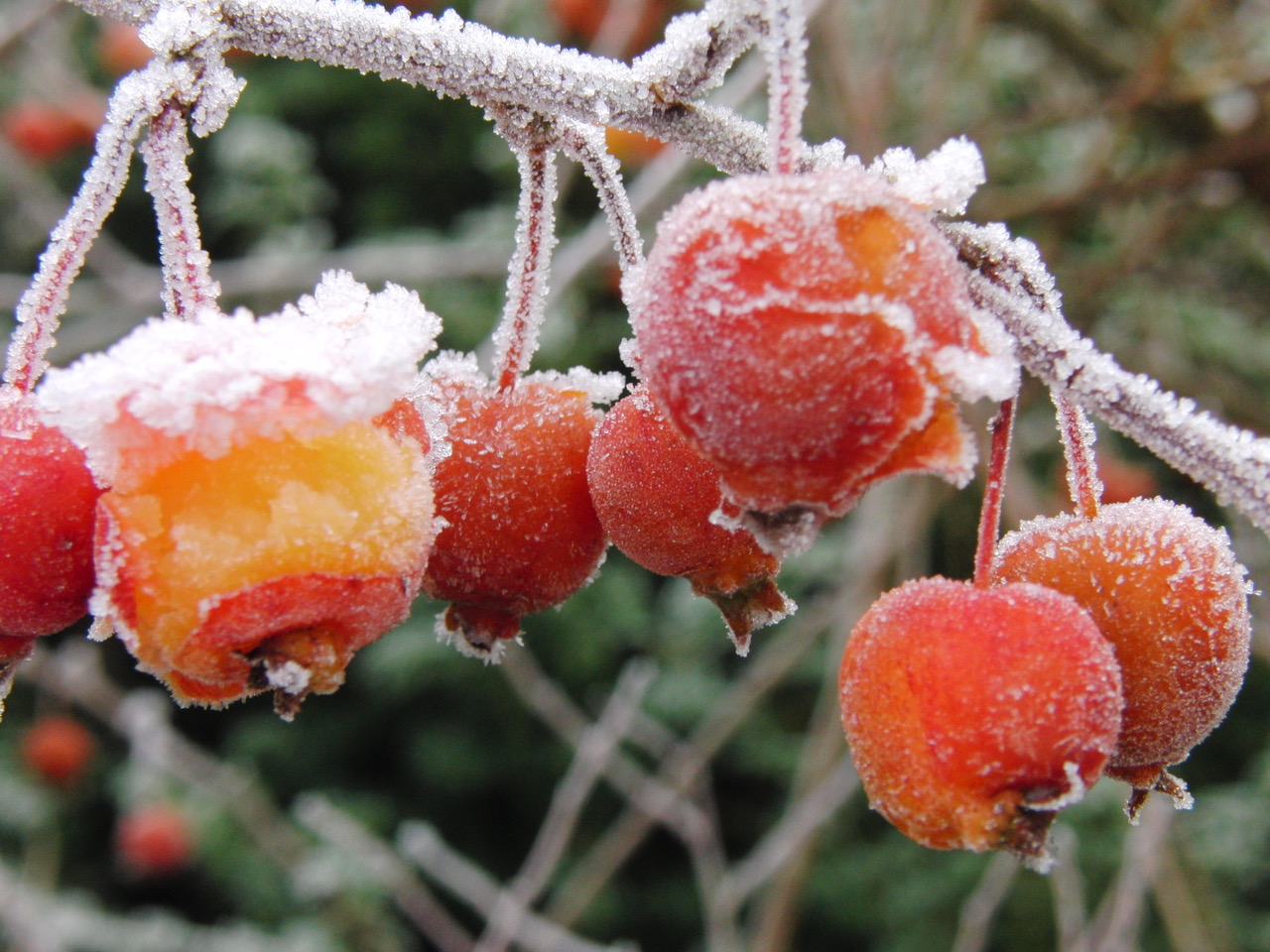
Gardeners are well placed to supplement the diet of our wild birds. The bird food market is worth £millions and the lucky birds are being fed nationwide. But it’s important to remember that commercial bird food varies hugely in quality. You get what you pay for. If you buy budget bird food it often contains cheap fillers that doesn’t always suit the wild birds. It’s much better to invest in a quality food and feed little and often to support the garden birds effectively.
Insect protein
Our gardens are also a source of natural food for birds and other wildlife. Insect eating birds like sparrows, robins and tits will devour a huge raft of mini beasts in and around our gardens. In fact they do a great job in pest control for gardeners; Munching their way through tonnes of aphids, caterpillars and bugs that might otherwise be eating our plants.
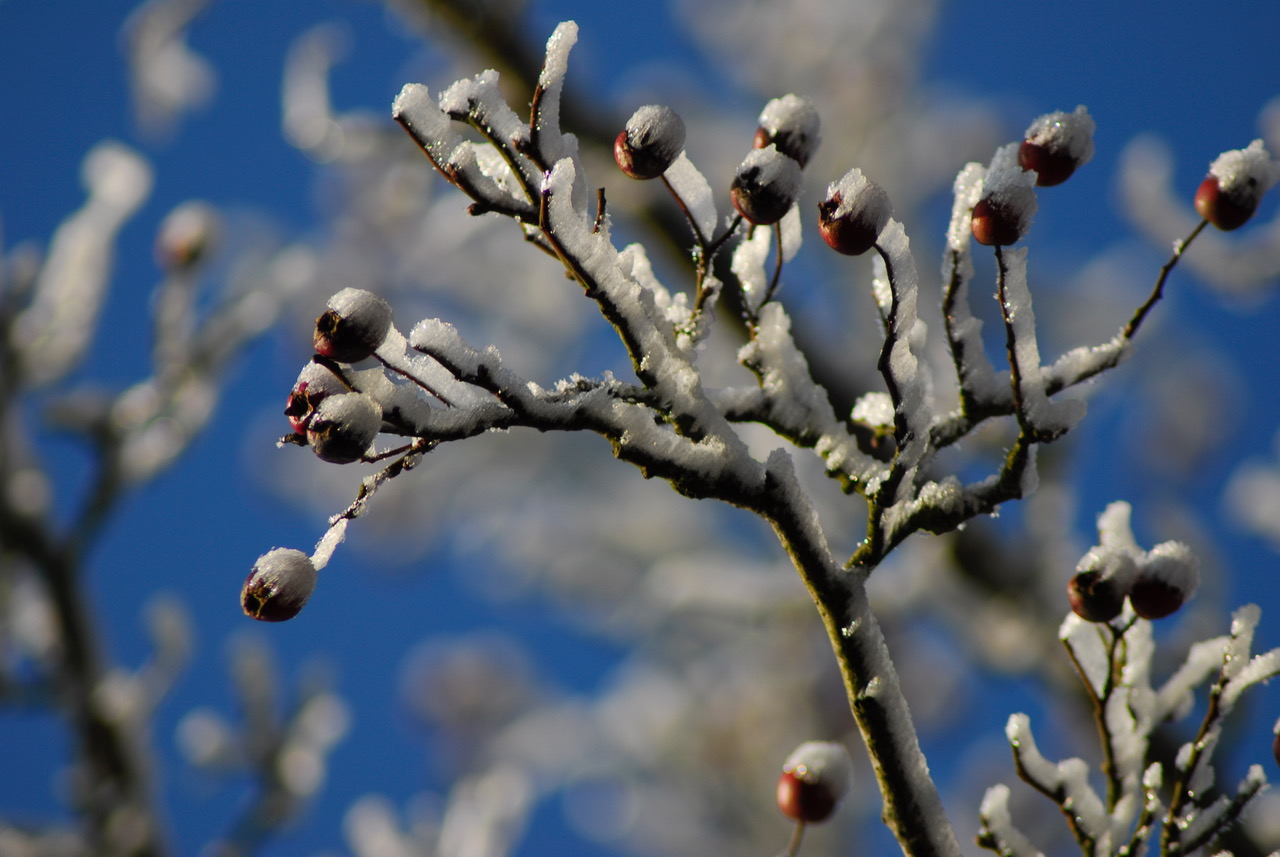
By working with nature by feeding the soil, making garden compost and mulching your borders as well as leaving part of the garden wild you enhance the natural balance. These improve the environment for all parts of the food chain from the microbes and worms in the soil, to the beetles that eat slug and snail eggs and all the other beneficial creatures in the garden. Insects are a vital part of the natural cycle and need to be encouraged in the garden. They provide important pollination services, they help break down decomposing material and they are themselves an essential part of the food chain feeding birds, bats, frogs, toads, and all manner of reptiles and amphibians. They are vital natural food that exists in and around our gardens whether we like it or not. When the balance is correct pest issues are controlled by a see saw effect of predator v prey, a glut of aphids is quickly devoured by a flock of long tailed tits or other predatory insects such as wasps. Some bird food is rich in insects, like dried meal worms; a favourite food of robins.
Berries for birds
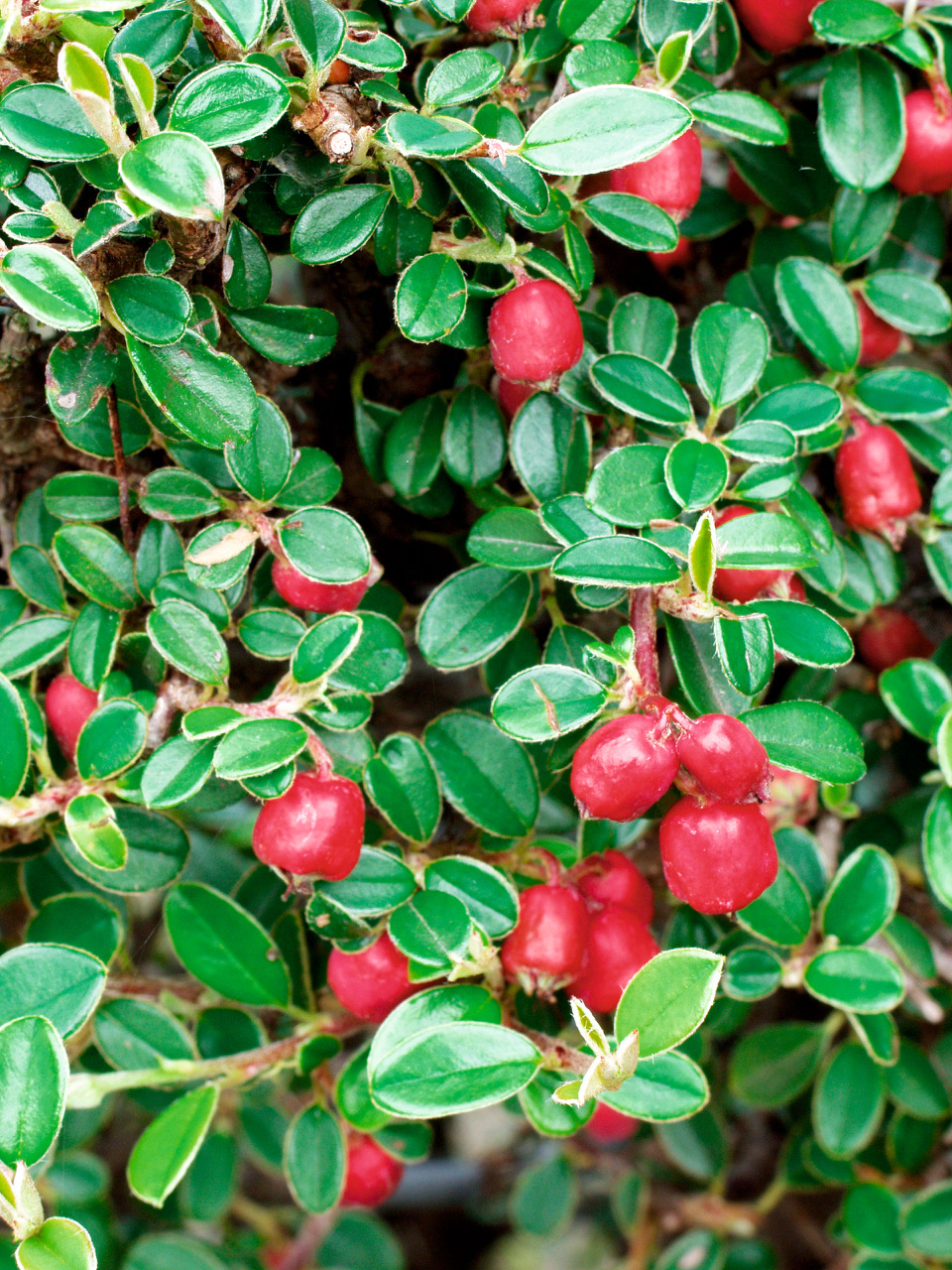
The easiest way to provide natural food for birds is to grow berry bearing trees and shrubs. A variety of different plants that fruit and ripen in succession are a larder for the birds. Whether it’s a native hedge with hawthorn, sloes, rowan and roses or some neatly trained wall shrubs like cotoneaster horizontalis and pyracantha there are lots of plants that provide berries for birds. Or you can choose trees such as rowan, holly and crab apples, which will add structure to the garden, places to perch, nest and roost as well as fruit to eat. blackbirds and thrushes. Frosted berries are softer and easier to eat and will provide hanging food for fruit eaters. Keep a watch on your berry bearing trees and shrubs for some exotic visitors. Waxwings are an infrequent visitor and might appear when you get a really cold snap.
Seed eating birds
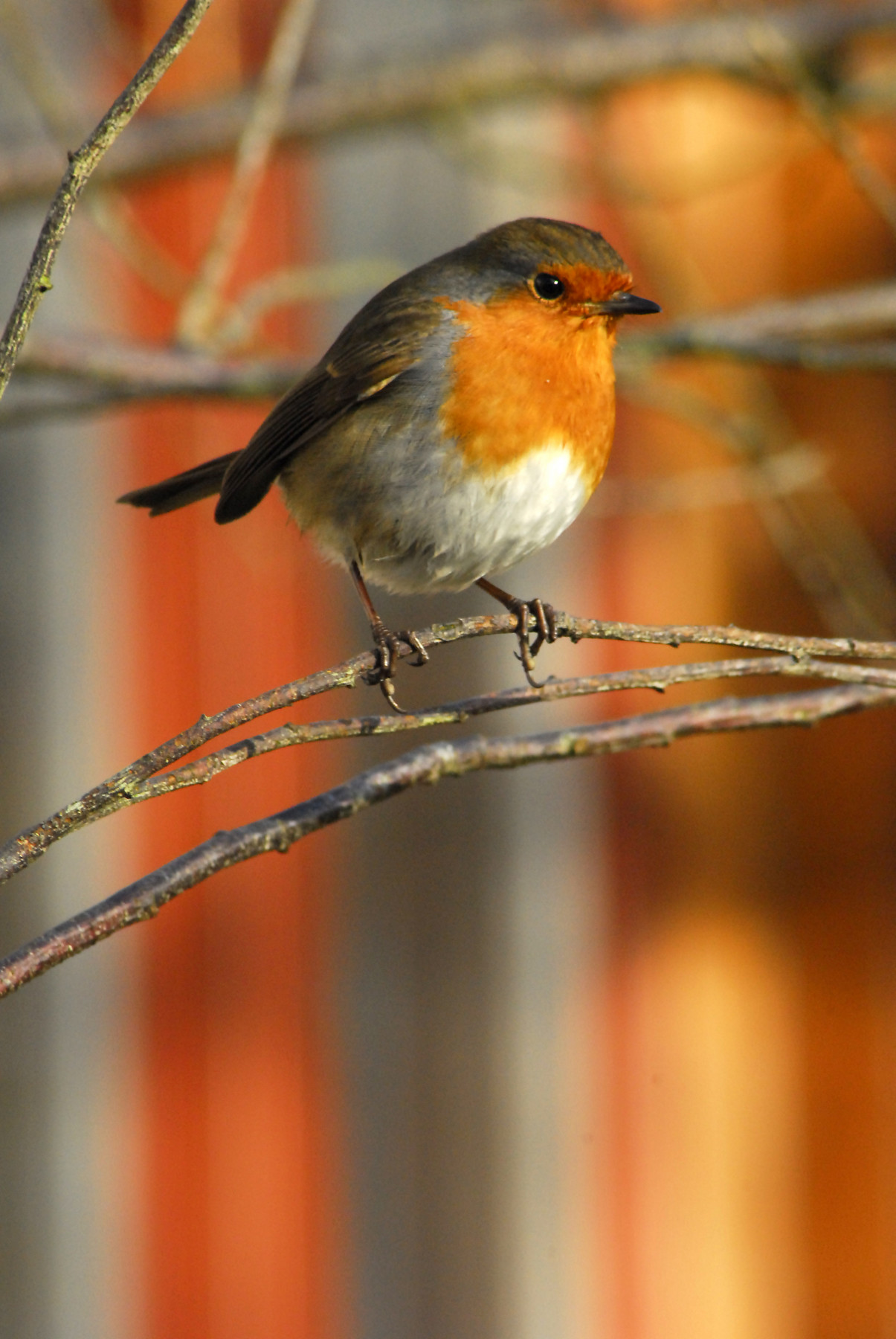
Many species of birds are seedeaters with specially evolved beaks to crack open seed cases and nuts. When the flowers in the borders go to seed, many are eaten by the visiting birds. Even weed seeds, such as dandelions are eaten by our garden birds, so if you can let them set seed. You might not grow flowering plants to feed the birds, but some of the flowers in your borders that set seed like amaranth, echinacea, rudbeckia, sunflowers, asters and alliums are good plants for the birds. Watch out for sparrows, finches and siskins feeding from the seed heads in the garden.


